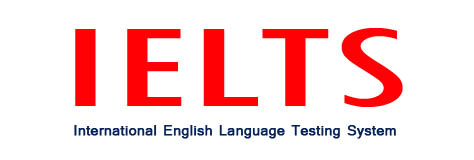
The International English Language Testing System (IELTS) is a standardized test designed to measure the language proficiency of individuals who want to study, work, or migrate to countries where English is the primary language of communication. It assesses four key language skills: listening, reading, writing, and speaking. Here’s an overview of the test:
IELTS Test Structure
Listening (30 minutes):
- Consists of four recorded monologues and conversations.
- Includes questions that test the ability to understand main ideas, specific information, opinions, attitudes, and the development of ideas.
Reading (60 minutes):
- Three sections with a variety of texts, ranging from descriptive and factual to discursive and analytical.
- Questions assess a wide range of reading skills, including reading for gist, reading for main ideas, reading for detail, skimming, understanding logical arguments, and recognizing writers’ opinions, attitudes, and purpose.
Writing (60 minutes):
Two tasks:
- Task 1 requires test-takers to describe visual information (e.g., graph, chart, or diagram).
- Task 2 involves writing an essay in response to a point of view, argument, or problem.
Speaking (11–14 minutes):
A face-to-face interview with an examiner.
- It consists of three parts: an introduction and interview, a long turn where the candidate speaks on a given topic, and a two-way discussion related to the topic of the long turn.
IELTS Versions
IELTS Academic:
- For those applying for higher education or professional registration.
IELTS General Training:
- For those migrating to English-speaking countries (e.g., Australia, Canada, New Zealand, the UK) or applying for secondary education, training programs, or work experience in an English-speaking environment.
Scoring System
- IELTS is scored on a 9-band scale, with each band corresponding to a specific competence level in English, from non-user (Band 1) to expert (Band 9).
- Test-takers receive an overall band score as well as individual scores for each of the four skills.

Recognition and Acceptance
- IELTS is widely accepted by over 10,000 organizations globally, including universities, employers, immigration authorities, and professional bodies.


